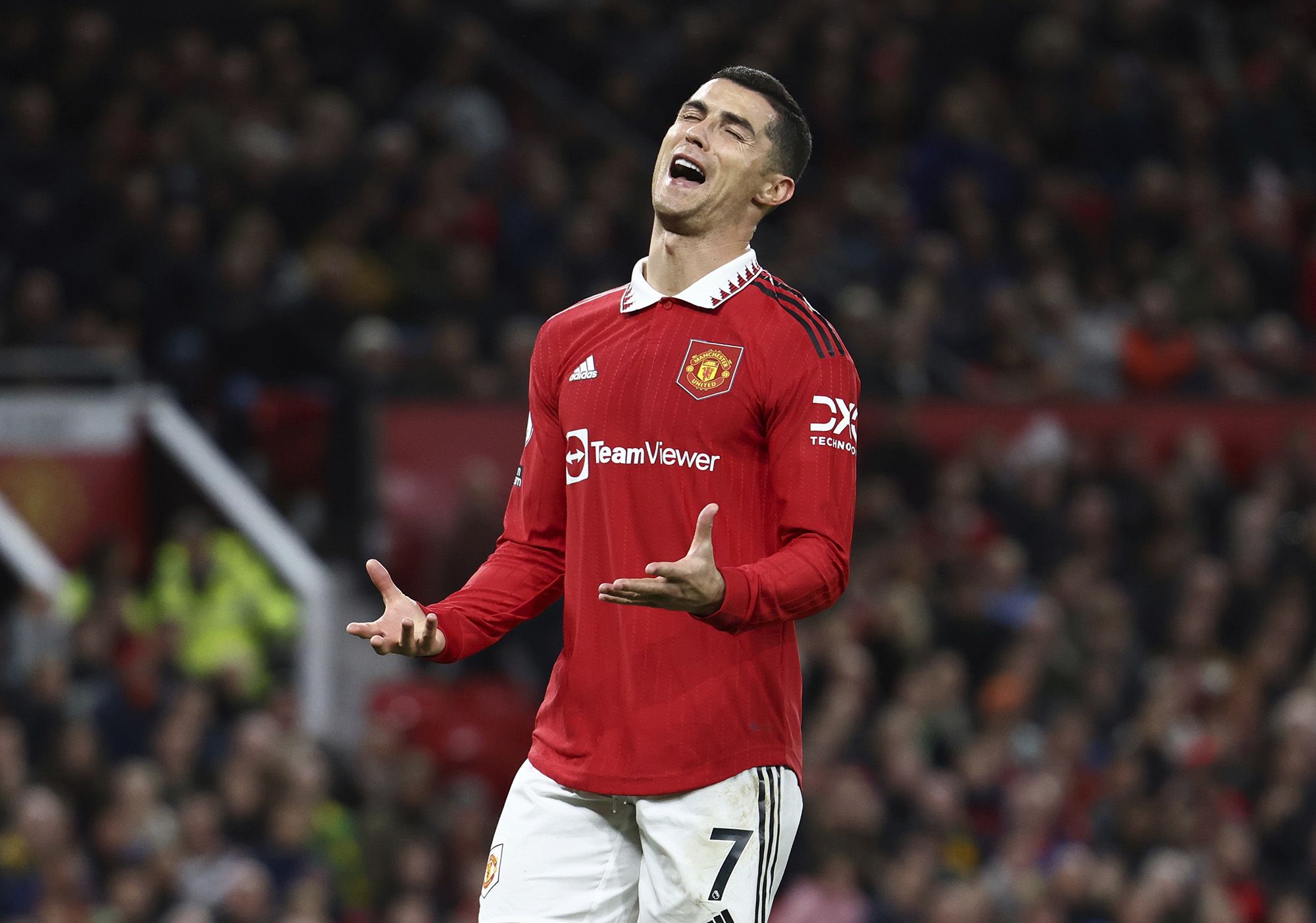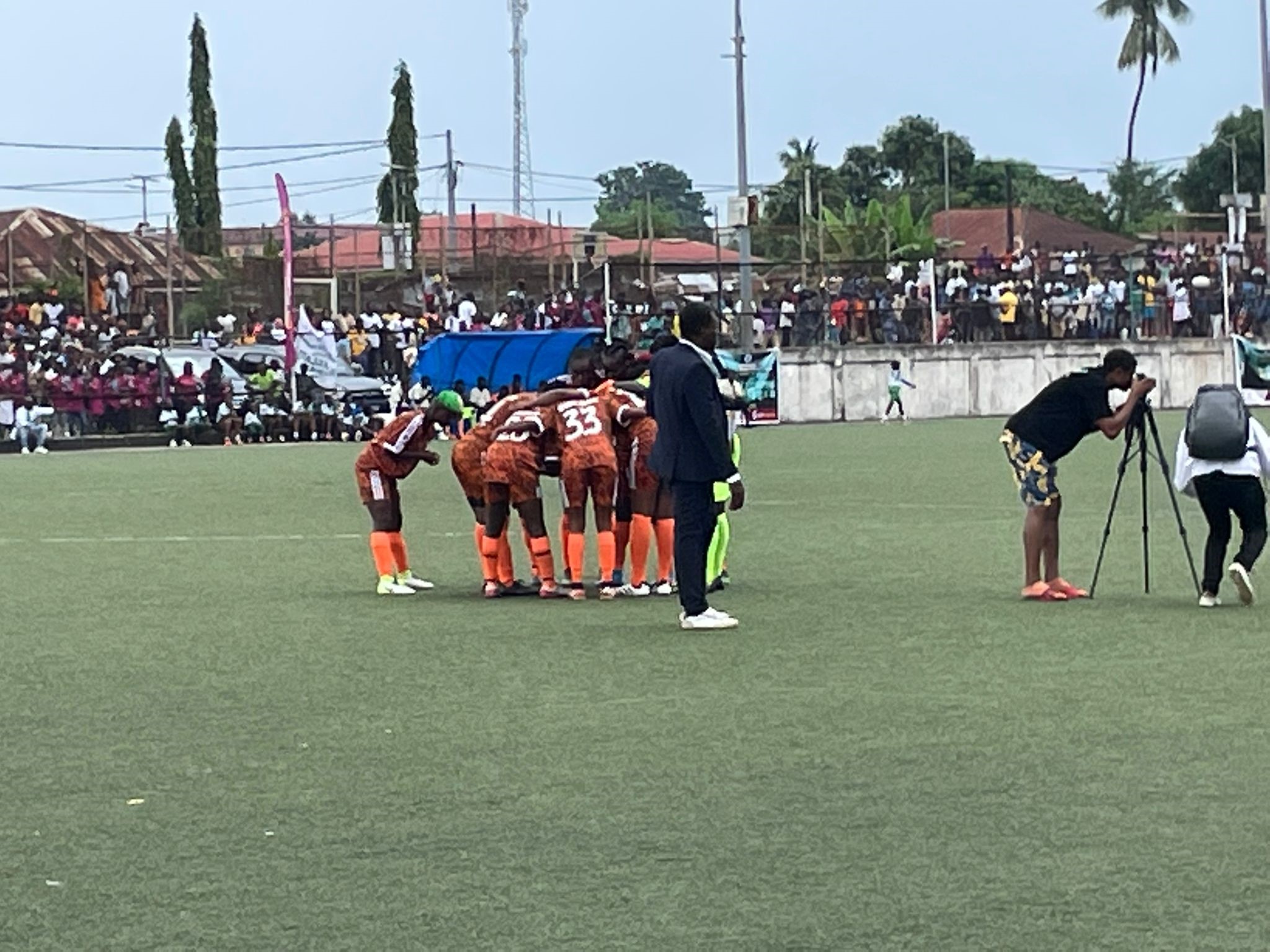Cristiano Ronaldo is amongst the greatest players in football history. His romantic reunion with Manchester United came to an abrupt end with a mutual agreement for his contract to be terminated. This comes in the wake of an explosive TV interview where he launched a scathing criticism of the club. His huge public profile makes it important to highlight some of the nuances of contract terminations in the football industry.
Mutual agreements for the termination of contracts have become the usual method employed in a player-club standoff – also seen with Arsenal in their parting of ways with Pierre Emerick Aubameyang and Hector Bellerin. Such agreements usually include the player taking a significant pay cut to the remainder of his salary, and the club releasing his registration enabling him to join a new club on a free transfer.
The business of football, like every other industry, is built on employment relationships. Players primarily enter into a written standard playing contract with their club. For professional players, their primary obligation is to attend and participate in training and matchday. They are also prohibited from engaging in any activities that may bring the club into disrepute. It has been speculated that due to the comments by Cristiano Ronaldo, Man Utd had good grounds to sue him for bringing disrepute to the club, and as part of the agreement, they weren’t required to pay him off.
On the other hand, clubs’ primary obligation is to pay the salaries of their players. They are also required to release players to represent their national teams in accordance with FIFA’s regulations.
FIFA’s jurisprudence states that if a club fails to pay a player’s wages for more than 2 months the player has the right to unilaterally terminate his contract with the club on the principle of ‘just cause’. Also, if a player hasn’t played for less than 10% of official matches of the club, he can terminate for ‘just cause’.
Equally, if a player fails to honor the terms of his contract, a football club may terminate a contract under the principle of ‘just cause’. A famous example was Chelsea’s termination of Romanian striker Adrian Mutu’s contract after he was found to have consumed cocaine. A club may also terminate for reasons such as not showing up for training, or always being late for games/travel arrangements. Contracts are, however, barred from being unilaterally terminated during the course of a season.
The way in which employment contracts work in football, particularly for players and managers, means it is much harder to dismiss a player or manager. We often see various strategies employed by clubs for out-of-favor players; sending them to train with the B team, or non-inclusion in the squad lists for various competitions (as seen with Phil Jones of Manchester United).
The majority of disputes that continue to come before FIFA’s Football Tribunal and the Court of Arbitration for Sport are employment related. However, because of FIFA’s guidance for contractual stability in football, exemplified by its introduction of protected periods for players under 28 and 30, that means by and large matters have to be resolved commercially between the parties.


